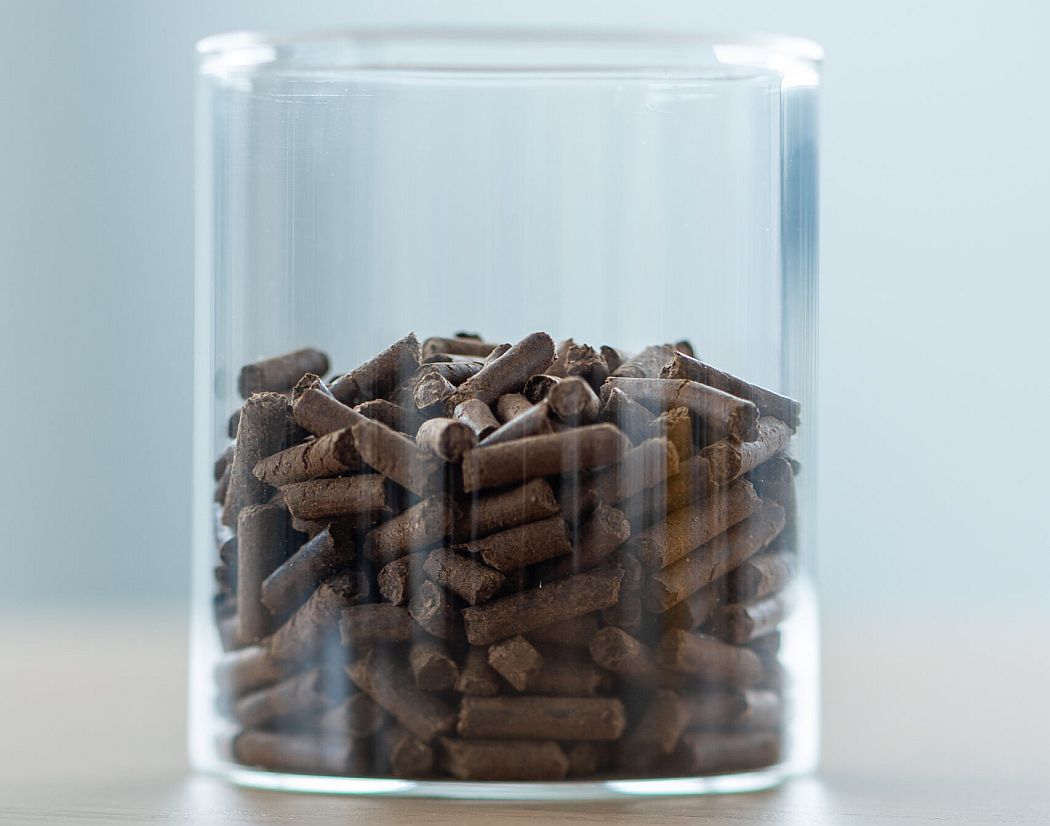VC investment into agtech increased for the second consecutive quarter in Q3 2024, suggesting recovery for the sector after some major low points in 2023 and earlier this year.
According to newly released PitchBook data, agtech saw $1.6 billion invested across 159 deals in Q3 2024, with a 15% increase vs Q2 in deal value. Deal count declined 17.6% from Q2 2024, in keeping with a trend that’s been ongoing since 2022 and suggests “a shift toward larger, more strategic investments in the sector,” according to PitchBook.
The numbers, while up from Q2, are still down from the $2.2 billion invested across 222 deals in Q3 2023.
“While it’s premature to declare a full recovery in agtech VC investment, cautious optimism is warranted as deal values have increased for two consecutive quarters, despite declining deal counts,” PitchBook agtech analyst Alex Frederick tells AgFunderNews. “This trend suggests a flight to quality, with investors becoming more selective and conducting deeper due diligence in the current economic climate.”
Frederick says there are several factors driving the uptick in VC funding, including “stabilizing valuations after the market volatility of recent years, allowing investors and founders to find common ground; a focus on larger investments in companies with the strongest potential; and a general shift towards quality over quantity in deal-making.”
“This selective approach has led to fewer deals overall, but with larger average investment sizes, indicating a more measured and strategic deployment of capital in the agtech sector,” he adds.
Major deals such as Monarch Tractor’s record $133 million Series C and Carbon Robotics’ $70 million Series D illustrate this. Both companies have developed autonomous machines for the farm, and fall into PitchBook’s Precision ag category that garnered $515.9 million in VC investment in Q3. Precision ag was the second-highest-funded category for the quarter and saw 46 deals in total.
Ag biotech raked in the most VC capital, with startups raising $857 million in Q3 across 57 deals. Agrifinance & e-commerce saw $171 million raised and 23 deals, followed by animal ag ($86 million; 23 deals) and indoor farming ($30.1 million; 11 deals).
The largest deal of the quarter went to biotech firm Colossal Biosciences, which is attempting to “de-extinct” species such as the dodo and woolly mammoth through genetic engineering. The company raised a $162.6 million Series B round in Q3, according to PitchBook.
For pre-seed and seed deals, Switch Bioworks led the pack with a $23.6 million raise.
Late-stage deals, topped by the aforementioned Monarch Tractor, saw a 13.1% increase.
Exit activity still muted
A big reason for the increase in late-stage deals was low activity where agtech exits are concerned. In Q3, the sector saw just 10 exits for VC-backed companies, a 21% decline from 2023 and well below the 46 exits in 2021.
Many late-stage startups have stayed private in the hopes of finding future exit opportunities but have “struggled to maintain their peak valuations,” according to PitchBook.
“The impact of the Federal Reserve’s rate cut has yet to be seen but may spur new activity in an exit market that has struggled for several quarters,” notes the report.
“This slowdown is attributed to a challenging economic environment, limited IPO market, and cautious acquirers,” explains Frederick.
“However, potential catalysts for change include the impact of recent interest rate cuts, growing investor confidence in the sector’s potential to address critical agricultural and climate challenges, and maturing startups becoming more attractive acquisition targets.”
He adds that some trends driving future exits could include sustainability, advancements in AI and robotics and increased interest from corporates in agtech.
“Structural changes in exit patterns, such as a shift towards earlier acquisitions and potential strategic acquisitions by public agribusiness companies, could also influence future activity,” notes Frederick.
Notable exits in Q3 2024 included Dechra Pharmaceutical’s acquisition of Invetx, which develops antibody therapeutics for animals, and Kubota’s acquisition of Bloomfield Robotics.
PitchBook said the latter deal “exemplifies a broader trend of strategic consolidation in the industry and again highlights the growing importance of AI and advanced imaging tools to increase resource efficiency and yields.”
Also in Q3, biomaterials company BOLT Threads went public via special-purpose acquisition company [SPAC] Golden Arrow Merger Corp.
“Despite these challenges, the sector’s growing importance in addressing global issues, coupled with technological advancements and investor interest, suggests that exit activity could improve,” says Frederick, adding that this is “contingent on broader economic conditions and startups demonstrating clear value propositions and paths to profitability.”
Source link
Author Jennifer Marston




